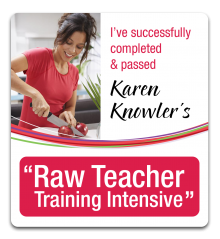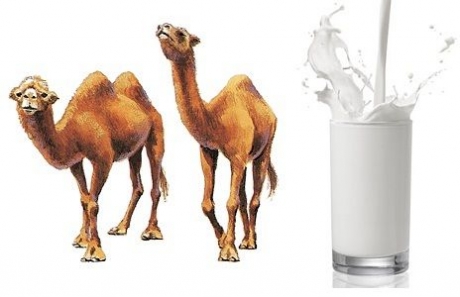A resume includes all the information from your life that is relevant to your application. In the past, CVs were written as continuous text, but nowadays tabular summaries are common. The most important personal information is given first, including contact information, followed by professional qualifications, and then training, certifications, etc. Biographical information is supplemented by what are known as "soft" skills.
Writing a resume: what makes a good resume?A good resume writing service should be clearly structured and on at most one to two pages. 73% of recruiting experts in the Look Tracking Study also confirm that the ideal resume should ideally not exceed 1.5-2 pages.
The most important career milestones should be presented in an easy-to-read font and font size. When choosing a font, the most important thing to pay attention to is that it is easy to read. Don't choose anything too refined. In very traditional industries, such as banking, Times New Roman is still recommended. Calibri sans serif font has proven itself in many other industries.
A line spacing of 1.15 is ideal. The space between lines makes your application more readable.
You should also pay attention to proper language: 64% of respondents in a sight-tracking study rated spelling, grammar or typos as possible exclusion criteria.
Customize your resume for the advertised position to get extra points.
An additional brief profile with the most important qualifications completes the ideal resume.
In rare cases, a handwritten resume is even required. Your handwriting, in particular, is subject to analysis.
Highlight relevant content and information on your resume to convince you specifically about the industry and position. Because: the widespread belief that hiring managers only compare application documents to keywords from the job posting is generally incorrect. A screening of the i-tracking study shows that only 36% of all hiring professionals focused on keyword comparisons.
Aitracking research: why it's so important to build the perfect resume!Biographical information is the heart of your application. There is a very high probability that hiring professionals will scan your resume to the cover letter that will convince you of the final offer. This is something that the StepStone eye-tracking study also showed: the resume has the highest weight among the entire application at 68%, before the motivation letter (22%) and certifications (10%).
Nevertheless, for many time-starved and high-stress hiring managers, a resume is worth only a quick glance - hiring managers studied resumes for an average of 43 seconds during the eye-tracking study. After a few seconds, your resume should tell you that you're a good fit for the dream job. Especially if you've decided on a short application.








